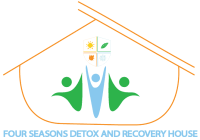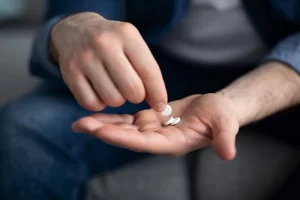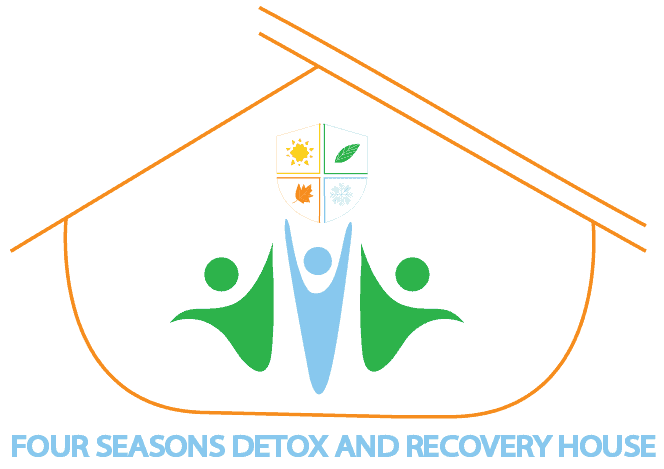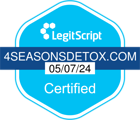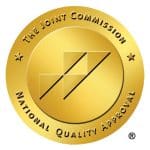In the journey of recovery from addiction, embracing gratitude can be transformative. Gratitude, a simple yet profound practice, helps individuals shift their focus from what they lack to what they have. It is not just a feel-good sentiment but a powerful tool that can aid in mental, emotional, and physical healing. In this article, we explore the role of gratitude in addiction recovery, its benefits, and practical ways to cultivate it daily. Whether you are in the early stages of recovery or looking to deepen your healing journey, integrating gratitude can significantly enhance your well-being.
The Role of Gratitude in Addiction Recovery
Gratitude plays a crucial role in addiction recovery by changing our perspective from negativity to positivity. When individuals express gratitude, they begin to appreciate the small victories and positive aspects of their lives, which can be particularly uplifting during challenging times.
Gratitude helps in acknowledging the support systems and resources available, thereby reducing feelings of isolation and helplessness. It shifts focus from the past mistakes and future worries to the present moment, fostering mindfulness and contentment. This shift in focus is essential in the recovery process as it reduces stress and promotes a positive outlook, aiding in relapse prevention.
How Gratitude Supports Physical and Emotional Health
The benefits of gratitude extend beyond mental well-being to include physical and emotional health improvements. Studies have shown that practicing gratitude can lead to better sleep, a stronger immune system, and overall improved physical health. When individuals regularly practice gratitude, they experience fewer symptoms of anxiety and depression, and an increase in overall happiness and optimism.
Emotionally, gratitude helps develop humility and lessen feelings of entitlement. Addiction often fosters a sense of self-centeredness, but gratitude shifts the focus outward, allowing individuals to recognize the contributions of others and appreciate their support. This outward focus builds stronger, healthier relationships, which are crucial for sustained recovery.
Practical Ways to Cultivate Gratitude in Recovery
Cultivating gratitude is a practice that can be incorporated into daily life through simple, intentional actions. Here are some practical ways to nurture gratitude during recovery:
Keeping a Gratitude Journal
One of the most effective ways to practice gratitude is by maintaining a gratitude journal. Dedicate a few minutes each day to write down three to five things you are grateful for. This practice helps to reinforce positive thinking and highlights the good aspects of life, even during tough times.
Practicing Mindfulness and Reflection
Mindfulness and reflection are powerful tools in cultivating gratitude. Spend a few minutes each day reflecting on the positive aspects of your life. This practice enhances your sense of gratitude and helps to keep you grounded in the present moment.
Performing Acts of Kindness
Engaging in acts of kindness and helping others can significantly increase your feelings of gratitude. Volunteering, supporting friends, or simply performing small acts of kindness shifts the focus from self to others, fostering a sense of community and interconnectedness.
Using Gratitude Reminders
Place reminders around your home or workspace to practice gratitude. These could be quotes, images, or any items that remind you to be thankful. These visual cues can help reinforce the habit of gratitude in your daily routine.
Gratitude Lists and Their Impact
Creating and maintaining a gratitude list is a simple yet powerful practice that can have profound effects on your recovery journey. A gratitude list involves noting down things you are grateful for, which can range from significant life events to small daily pleasures. This practice helps in reinforcing a positive mindset, which is essential for relapse prevention.
Examples of Gratitude List Items
- Waking up to a new day
- The support of family and friends
- The beauty of nature
- Small personal achievements
- Moments of peace and contentment
By focusing on these positives, individuals can counterbalance the challenges and stresses of recovery, making it easier to stay motivated and committed to their sobriety.
Overcoming Challenges in Practicing Gratitude
Practicing gratitude can be challenging, especially in the early stages of recovery when negative thinking patterns are deeply ingrained. However, with consistent effort, these challenges can be overcome.
Initial Resistance
Initial resistance to practicing gratitude is common. It may feel forced or unnatural at first, but with persistence, it can become a natural part of your daily routine. Start small and be patient with yourself.
Persistent Negative Thinking
Persistent negative thinking can be a significant barrier to gratitude. Combat this by setting realistic expectations and focusing on small, positive aspects of your life. Over time, this practice can help rewire your brain to focus more on the positives.
Self-Forgiveness
Forgiving yourself for past mistakes is crucial in the recovery journey. Recognize that addiction is a disease, and self-forgiveness is a vital step towards healing. Practicing gratitude can aid in this process by helping you appreciate your progress and resilience.
Conclusion
Gratitude is a powerful tool in addiction recovery that can transform your outlook and enhance your overall well-being. By integrating practices such as keeping a gratitude journal, performing acts of kindness, and using gratitude reminders, you can cultivate a positive mindset that supports your recovery journey. Embrace gratitude today and let it guide you towards a healthier, happier, and more fulfilling life.
Call to Action
If you or a loved one is struggling with addiction and seeking a comprehensive recovery program, consider Four Seasons Detox Drug and Alcohol Rehab Center. Our holistic approach integrates gratitude practices to support your journey towards emotional sobriety. Contact us today to learn more about our luxury detox programs and how we can help you achieve lasting recovery.
